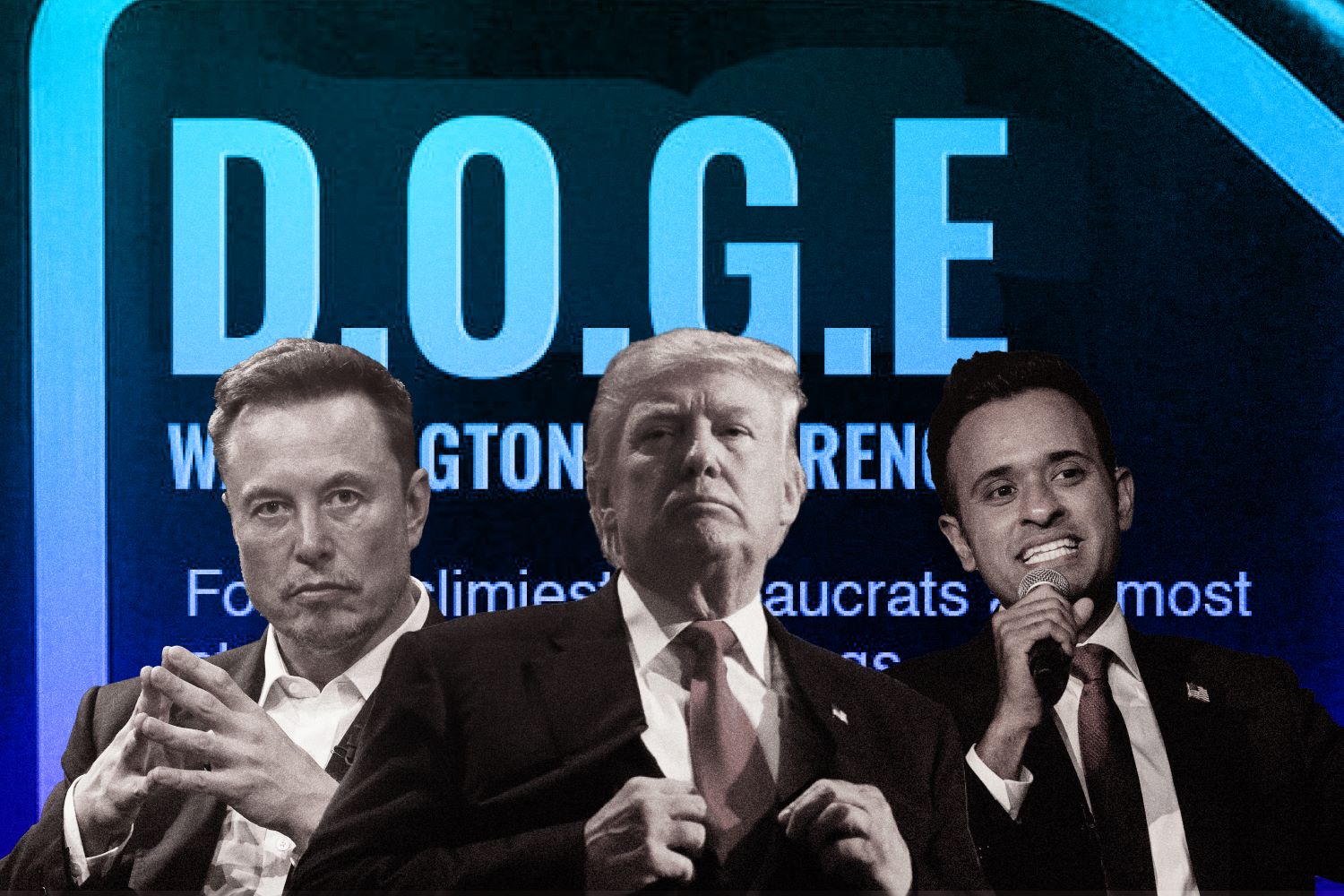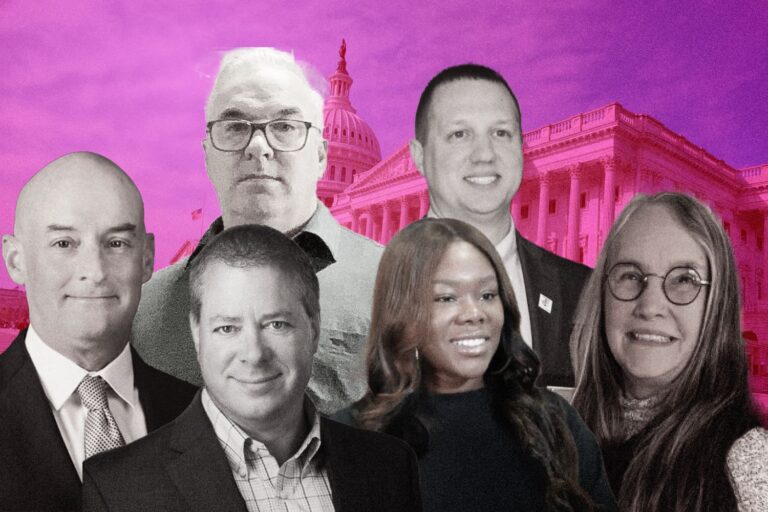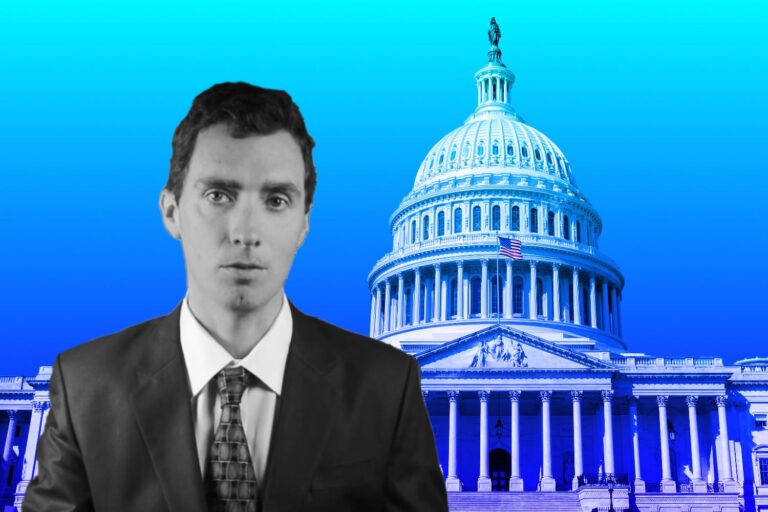How Could the Department of Government Efficiency Transform Government Contracts?
Donald Trump will move to the White House on Inauguration Day, which is scheduled for January 20, 2025. This is the day when he will officially be sworn in as the 47th President of the United States.
To return to office, Donald Trump revealed numerous plans during his presidential campaign. These are just part of his broader agenda for the US. Recently, it was announced that the Department of Government Efficiency (DOGE) was established by President-elect Donald Trump on November 12, 2024. This advisory commission, led by Elon Musk and Vivek Ramaswamy, aims to bring significant changes to the country.
As the Department of Government Efficiency aims to streamline operations, cut wasteful spending, and eliminate unnecessary regulations, many government contractors are concerned about how these changes might impact them.
To evaluate these concerns, it’s important to understand what the Department of Government Efficiency (DOGE) is.
What Is the Department of Government Efficiency (DOGE)
The Department of Government Efficiency (DOGE) seeks to shift the narrative around government spending, empowering citizens to hold government entities accountable for their financial decisions.
They harness the power and virality of memes, community, and cryptocurrency culture to make government transparency both accessible and engaging. Through awareness, education, and active participation, their community is their strength. Together, they work towards a future where government efficiency is the norm.
In a post on Truth Social, President-elect Donald Trump announced the creation of a new department to “dismantle government bureaucracy, slash excess regulations, cut wasteful expenditures, and restructure federal agencies.” Known as DOGE, the department seeks to provide “outside guidance” to the government and promote “an entrepreneurial approach” to government spending.
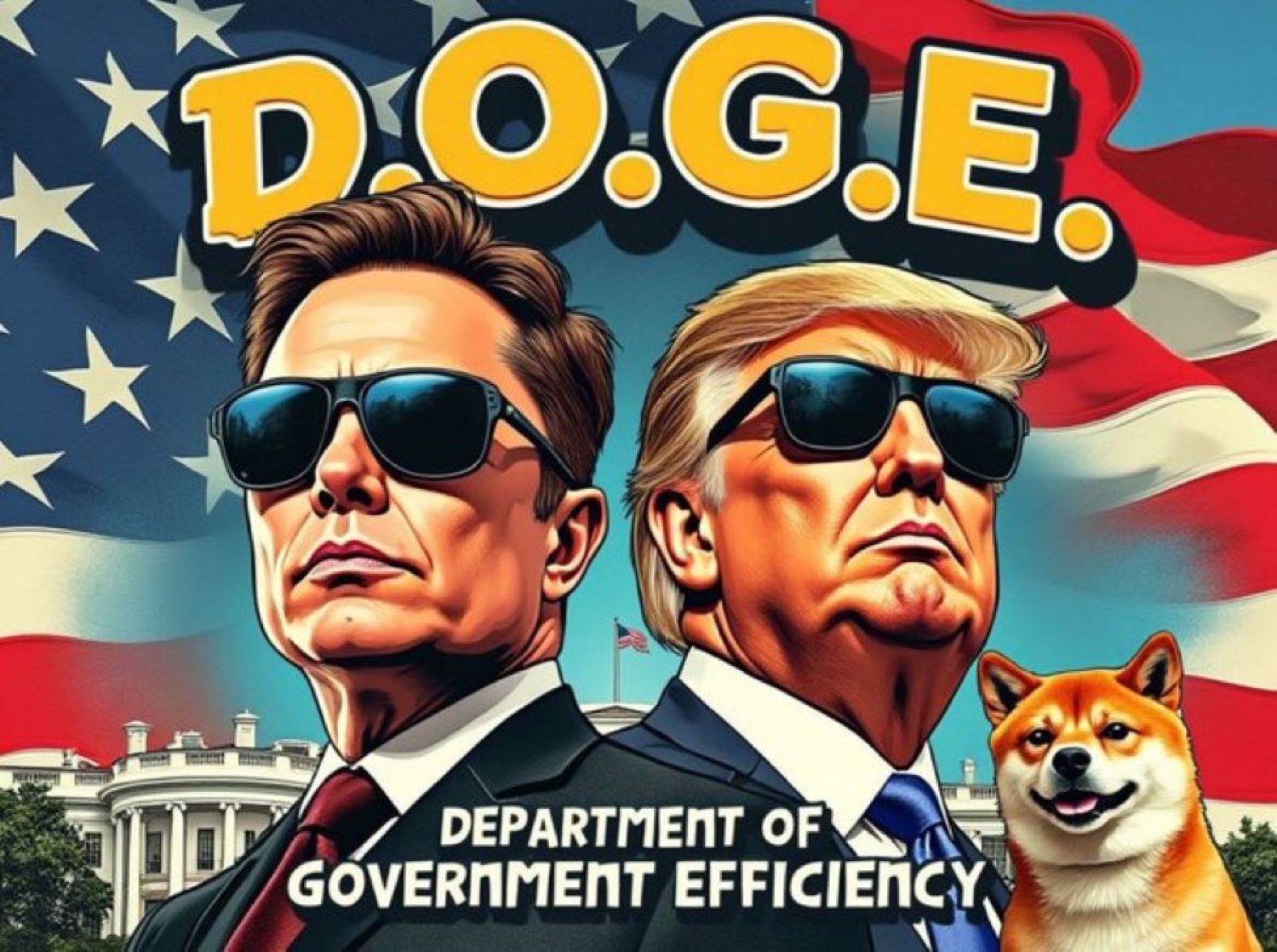
Elon Musk and Vivek Ramaswamy have several big ideas for the Department of Government Efficiency (DOGE). They want to make the government work better by cutting down on unnecessary jobs and simplifying processes. This means fewer bureaucratic hurdles and a more efficient government.
They also plan to save money by cutting wasteful spending in various government agencies. This way, taxpayer money can be used more effectively and directed towards more important areas.
Another major change they propose is getting rid of regulations that they believe slow down economic growth and innovation. By removing these barriers, they hope to create a better environment for businesses and entrepreneurs, leading to more jobs and economic development.
While they promise to protect essential programs like Medicare and Medicaid, they have identified other programs that might face cuts. For example, they suggest that Planned Parenthood and the Department of Education could see significant reductions or even be eliminated.
Musk and Ramaswamy also want to give the president more power to make these changes. They believe recent Supreme Court decisions support this idea, allowing the president to make large-scale cuts and reforms.
The department is set to operate until July 4th, 2026, with the goal of reducing government spending. The exact process for creating or funding the department remains unclear, as establishing new federal departments requires congressional approval. If Congress does not approve DOGE, Musk and Ramaswamy may serve as advisors to the President rather than leaders of an official executive department.
Not Every Recommendation Will Be Put Into Action
One key point to note is that the Department of Government Efficiency (DOGE) isn’t breaking new ground—we’ve seen similar initiatives in the past.
During the Reagan Administration, President Ronald Reagan indeed appointed a businessperson to recommend various cuts in government spending. This initiative was known as the President’s Private Sector Survey on Cost Control, commonly referred to as the Grace Commission, named after its chairman, J. Peter Grace.
The Grace Commission was established in 1982 with the goal of identifying inefficiencies and wasteful spending within the federal government. The commission was tasked with applying modern business practices to improve the efficiency and effectiveness of federal agencies. Over 160 CEOs and senior corporate leaders chaired 36 task forces that reviewed executive branch agencies or functions, and nearly 2,000 business executives staffed the commission.
After 18 months of investigation, the Grace Commission issued a report in 1984 that filled 47 volumes and 23,000 pages. It made 2,478 cost-cutting and revenue-enhancing recommendations, which were estimated to save $424 billion over three years.
Despite the extensive effort and the detailed recommendations, most of these proposals were not implemented. The reasons for this included the complexity of enacting such widespread changes, political resistance, and the inherent difficulties in altering established government operations.
This historical context shows that while there is precedence for a president to appoint someone to recommend cuts, the actual implementation of these recommendations can be challenging. The current proposals by Elon Musk and Vivek Ramaswamy through the Department of Government Efficiency (DOGE) face similar hurdles.
Government Contractors, Don’t Worry—The Government Still Buys from You
Rick Howard, a former government procurement officer who managed over $82 billion in contracts for the US Federal Government, provides reassurance to companies that sell to the government. He suggests that despite the proposed cuts by the Department of Government Efficiency (DOGE), businesses should not worry too much.
Historically, government spending tends to increase year over year. Even with proposed cuts, the overall trend is that the government continues to spend more.
“For the most part, the government keeps on spending, and year over year, the government typically spends more and more. If we look at historical spending, we see the spending going up,” he said.
Howard points out that there are many global issues, such as the war in Ukraine and tensions with China, that will likely drive government spending. These factors necessitate significant funding, particularly in defense.
“In addition to this DOGE office, the Department of Government Efficiency, there are a lot of things happening in the world that are going to drive spending. What’s going to happen with the war in Ukraine? What’s going to happen with China and the Pacific and some of the different areas of interest that we have around the world? The Department of Defense spends a tremendous amount of money, and I would expect that funding to go up even during this administration where they want to make cuts,” he stated.
However, If you’re involved in environmental sectors, you might need to be more cautious, as shared by Ricky Howard. There is a possibility of cuts in environmental spending, as the president and some of his supporters have expressed a desire to reduce funding in this area. This could impact various environmental programs and initiatives, so staying informed and prepared for potential changes is important.
Every Administration Supports Small Businesses
Howard also reminds people that we’ve already had a Trump administration, and no matter who is in office, supporting small businesses is always a priority.
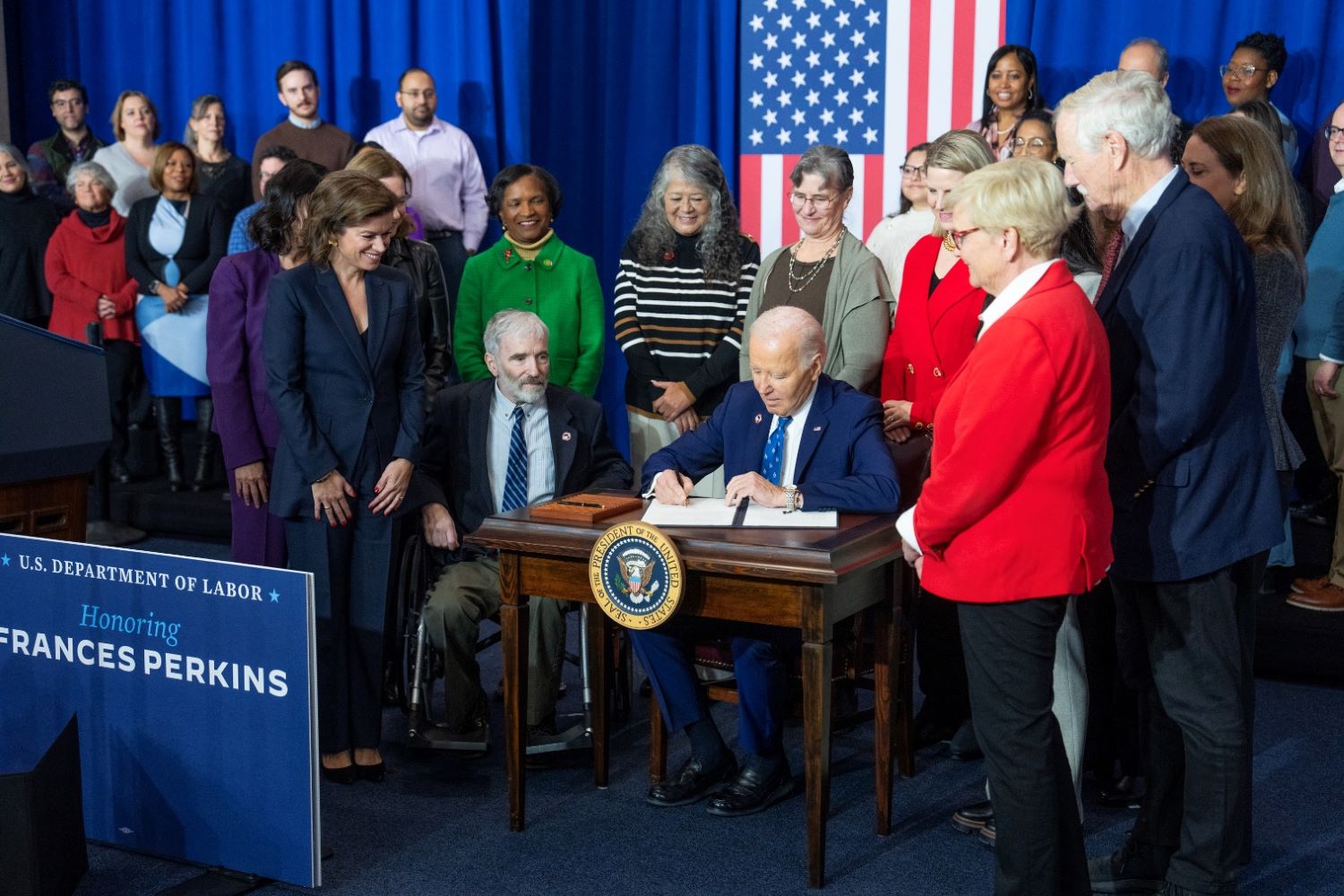
Both President Trump and President Biden have promoted small businesses and sought more contracts with them, but they go about it in different ways. President Trump’s administration focuses on getting rid of regulations and making it easier to sell to the government. The Biden administration, on the other hand, has increased certifications and set-asides that the government has.
Not to mention that US government is the single biggest purchaser in the world. They are required to allocate about 23% of contracts to small businesses, as mandated by the SBA. Most agencies exceed this percentage, though it varies by agency.
Within this small business mandatory spending, there are further set-asides for businesses that can prove they are part of a group that has been disenfranchised or experienced hardship. These include certifications like ADAA, Woman-Owned Small Business, Service-Disabled Veteran-Owned Small Business, and HUBZone, each with its own percentage of contracts.
While both administrations aim to boost small business contracts, Trump’s approach is more focused on deregulation and making the process easier, whereas Biden’s strategy is more about creating specific opportunities through set-asides and certifications.
Ricky Howard explained, “The Biden administration increased the percentage of contracts allocated to these types of set-asides and certifications. Both administrations aim to increase small business contracts but in different ways. Based on past actions, I would expect the Trump administration to try to make it easier for small businesses. There’s a wish list from some of you about what could be done, such as removing CMMC and FedRAMP requirements, which many companies would like to see go away.”
Elon Musk has also outlined a list of things they want to eliminate and target, aiming to cut $500 billion in unauthorized spending by Congress.
Potential Cuts that We Need to Keep in Mind
Right now, Congress is eyeing some major targets—mostly those programs with expired authorizations. Now, Howard is not suggesting that they’re planning to slash everything, but it’s important to know what’s on the chopping block and what they’re setting their sights on.
While Veterans Healthcare is mentioned, it’s unlikely to be targeted for cuts. Other areas under consideration include the Corporation for Public Broadcasting, which receives $535 million annually, international organizations, and Planned Parenthood.

A significant focus is on cost-plus contracts in government contracting, which are often used by large defense contractors. These contracts can lead to higher spending because companies are reimbursed for their costs plus a profit margin, incentivizing them to spend more. Elon Musk and others have criticized this model for its inefficiency.
He explained, “If you go and read any information on SpaceX or Elon Musk biographies, we know that there are certain things that he has a problem with in government contracting, and in fact, I share some of his critiques. One of the things he doesn’t like are the cost-plus fixed fee contracts in government contracting.”
From Cost-Plus to Fixed-Price Contracts
Cost-plus contracts allow defense contractors to charge the government not just for the cost of the work but also an additional amount for profit, typically a fixed percentage over the cost of the project.
The key issue here is that contractors are incentivized to increase spending since their profit is directly tied to the cost of the project. This means they don’t necessarily have an incentive to finish the project quickly or efficiently. Instead, they can stretch the project out over a long period and continue to profit from the cost overruns.
According to Ricky Howard, companies on cost-plus contracts often have the resources, like teams of lawyers, to make the bureaucratic process so slow and difficult that it becomes almost impossible to move projects forward. The military officer in charge of the project may leave after a couple of years, which means the contractor can delay progress without worrying about being held accountable for too long.
Large contractors, due to their long-term cost-plus contracts, often resist introducing new technologies from smaller companies, particularly when they don’t own the technology or stand to share in the profits. This keeps innovation from happening and creates a situation where the military doesn’t always get the most effective solutions.
This is why Elon Musk is advocating for more efficient fixed-price contracts.
Under firm-fixed-price contracts, the contractor is paid a set amount for the job, and they profit by completing the work efficiently. This structure incentivizes contractors to reduce costs and deliver results faster, making it more efficient than the cost-plus model where delays can be financially beneficial to the contractor.
Programs with Expired Funding at Risk of Being Targeted

Based on Howard’s comments, it appears that some federal programs with expired funding are under scrutiny for potential cuts. For instance, Veterans Healthcare, a massive program with $119 billion in funding, is unlikely to see cuts. In fact, Howard believes there may be efforts to enhance it rather than reduce it. After all, no administration is likely to risk upsetting veterans by slashing their healthcare benefits.
Opioid treatment and drug development programs, with a budget of $48 billion, are also on the list. These programs are essential for addressing the opioid crisis and developing new treatments for addiction.
The State Department’s foreign affairs programs, which receive $38 billion, are another potential target. These programs support U.S. diplomatic efforts and international relations.
Housing assistance programs, with a budget of $37 billion, provide support for low-income families to afford housing. Cuts to these programs could impact many families in need.
Justice Department domestic violence programs, which have a budget of $35 billion, are vital for supporting victims of domestic violence and providing resources for prevention and intervention.
Education Department K-12 programs, with a budget of $12 billion, are also being considered. These programs fund various educational initiatives and support for schools across the country.
In addition to these, there are various other programs with expired funding that total billions more. These programs span different sectors and provide a wide range of services and support.

